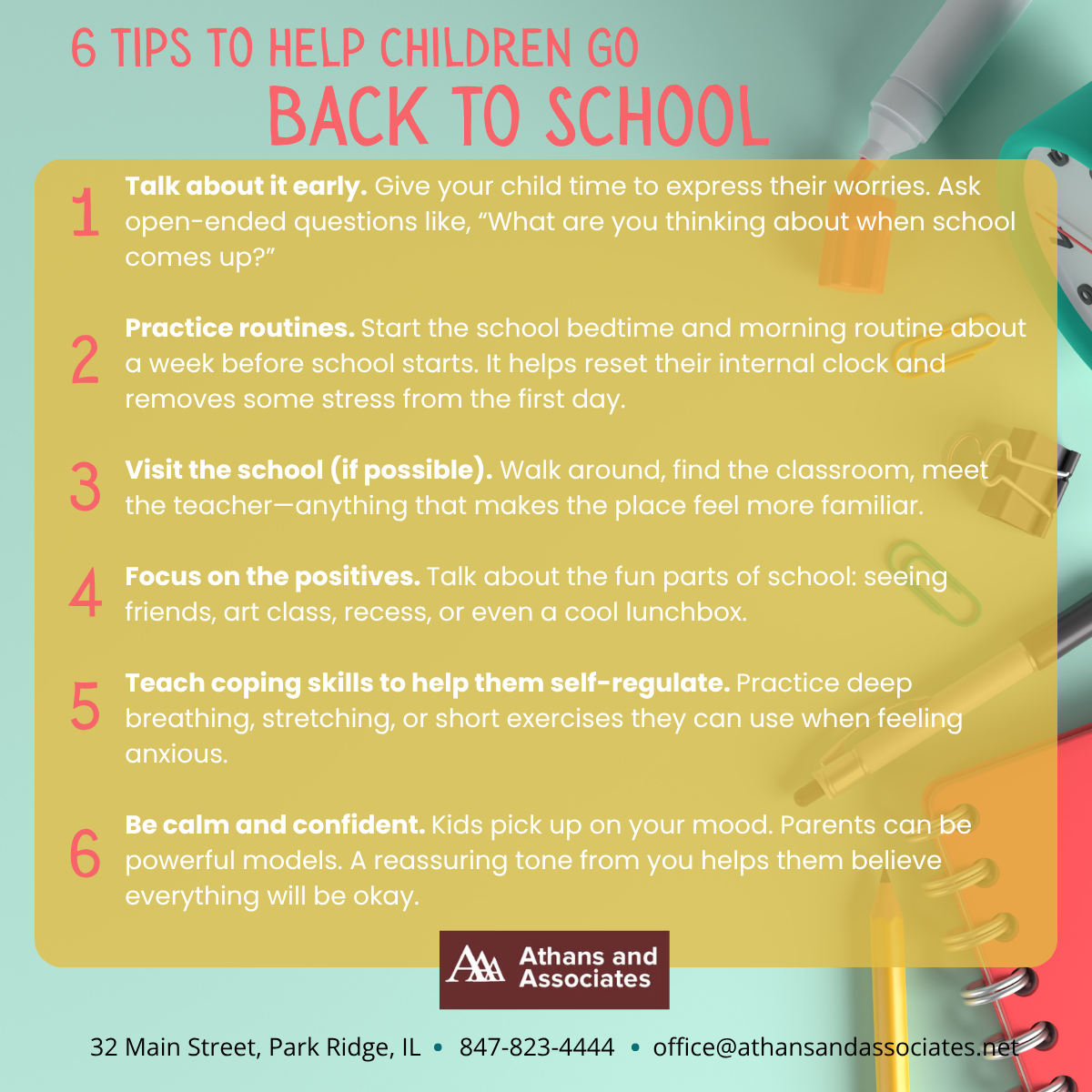June 10, 2025
Reinventing oneself is not merely about change; it’s about embracing a path that leads to personal and professional growth. This journey requires courage and a willingness to explore new avenues, whether in your career or personal life. By adopting innovative tools and mindsets, you can foster a sense of empowerment that propels you forward. The process involves more than just setting goals; it’s about cultivating an environment that supports your aspirations and aligns with your values. As you begin this transformative journey, consider the strategies that will best support your unique path. Develop a Growth Mindset Adopting a growth mindset is essential for personal empowerment. This mindset encourages you to view challenges as opportunities for learning. By embracing this perspective, you can develop resilience and adaptability, crucial traits for personal growth. For instance, when faced with a setback, consider it a temporary hurdle rather than an insurmountable barrier. This shift in thinking can boost your motivation and determination, ultimately leading to a more fulfilling life. Use Positive Affirmations Positive affirmations can be a powerful tool for transformation. By regularly engaging with affirmations, you can shift your mindset from negativity to positivity , enhancing your confidence and reducing anxiety. Tailor these affirmations to align with your personal values and goals, and integrate them into your daily routine for maximum impact. An Empowering Environment Spurs Self-Discovery The spaces we occupy and the people we surround ourselves with shape the way we see ourselves. A supportive environment encourages growth by fostering confidence, curiosity, and a willingness to explore new possibilities. When positivity surrounds us, self-doubt fades, making room for deeper self-awareness and a stronger sense of direction. Every conversation, habit, and experience within that space becomes a stepping stone toward self-discovery. Creating or seeking out uplifting surroundings allows personal transformation to unfold naturally. New You, New Career Changing careers is a chance to realign your work with your passions and strengths, opening the door to fresh opportunities. Stepping into something new takes courage, adaptability, and a willingness to learn. Crafting a strong resume can make the transition smoother, and using an AI resume builder application helps create a polished, professional document quickly. The tool provides personalized suggestions based on user prompts and questions, ensuring your experience is presented effectively. With the right mindset and preparation, a career change becomes a powerful step toward personal and professional growth. Begin to Build Your Personal Brand Defining your personal brand is a powerful way to align your transformation with your values and goals. It starts with understanding what you stand for and how you want to be seen, then shaping your message through actions, words, and presence. Consistency in how you present yourself builds trust and confidence, reinforcing the new path you’re creating. Whether through communication, appearance, or the energy you bring to interactions, every choice becomes a reflection of your evolving identity. Owning your narrative allows you to step into your transformation with clarity and purpose. Find Healthy Ways to Become More Resilient Building resilience starts with habits that strengthen both mind and body , creating a foundation for lasting growth. Practices like mindfulness, movement, and meaningful connections provide stability during life’s unpredictable moments. Challenges become opportunities when approached with a mindset that values progress over perfection. Learning to adapt with patience and self-compassion turns setbacks into stepping stones rather than barriers. The more you nurture resilience, the easier it becomes to move forward with confidence and clarity. Lean Into Your Fears Facing fears head-on creates a sense of control that strengthens confidence with every step forward. Avoidance keeps uncertainty alive, while action turns fear into a challenge rather than a limitation. Each time you push past discomfort, you prove to yourself that you are capable of handling more than you once believed. Growth happens in those moments of courage, where self-doubt is replaced by a deeper trust in your own abilities. Overcoming fear isn’t about eliminating it—it’s about moving forward despite it. The journey of reinvention is a continuous process of growth and self-discovery. By embracing new strategies and perspectives, you can foster a life filled with empowerment and purpose. Each step you take toward transformation not only enhances your personal and professional life but also enriches your overall well-being. Discover compassionate and expert mental health care for all ages at Athans and Associates , where our dedicated team is ready to help you regain confidence and reclaim your life.
































